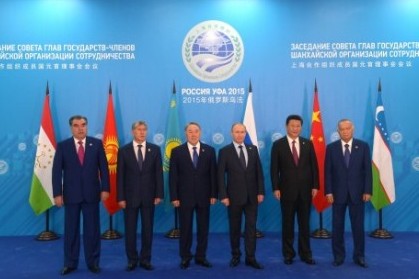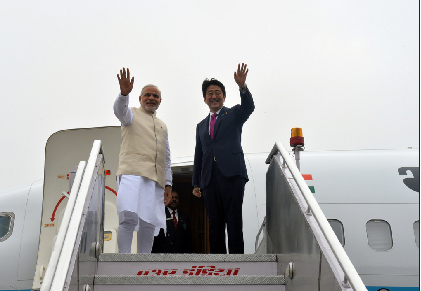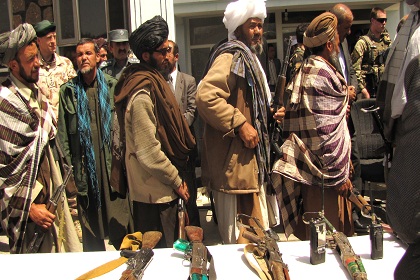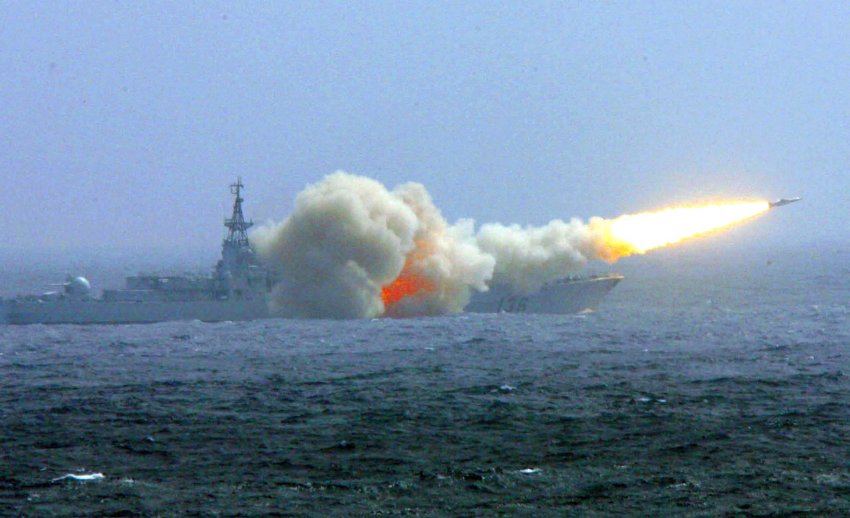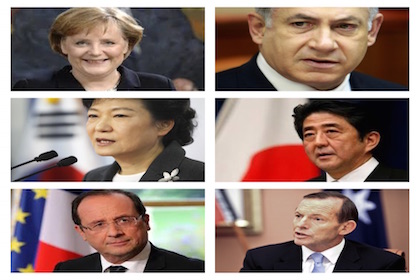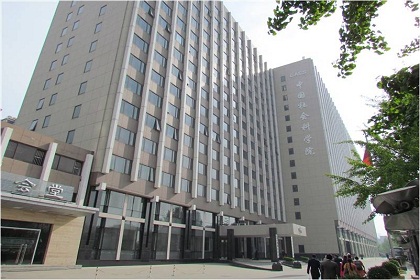India in the SCO: win-win
India’s forthcoming membership in the Shanghai Cooperation Organization (SCO) will benefit the SCO, Central Asia, Russia, China, as well as India itself. While India will be able to promote its own security, strategic, trade, economic, and energy interests in Central Asia, the SCO will benefit from India's rapid growing economy and its experience in counter-terrorism.

